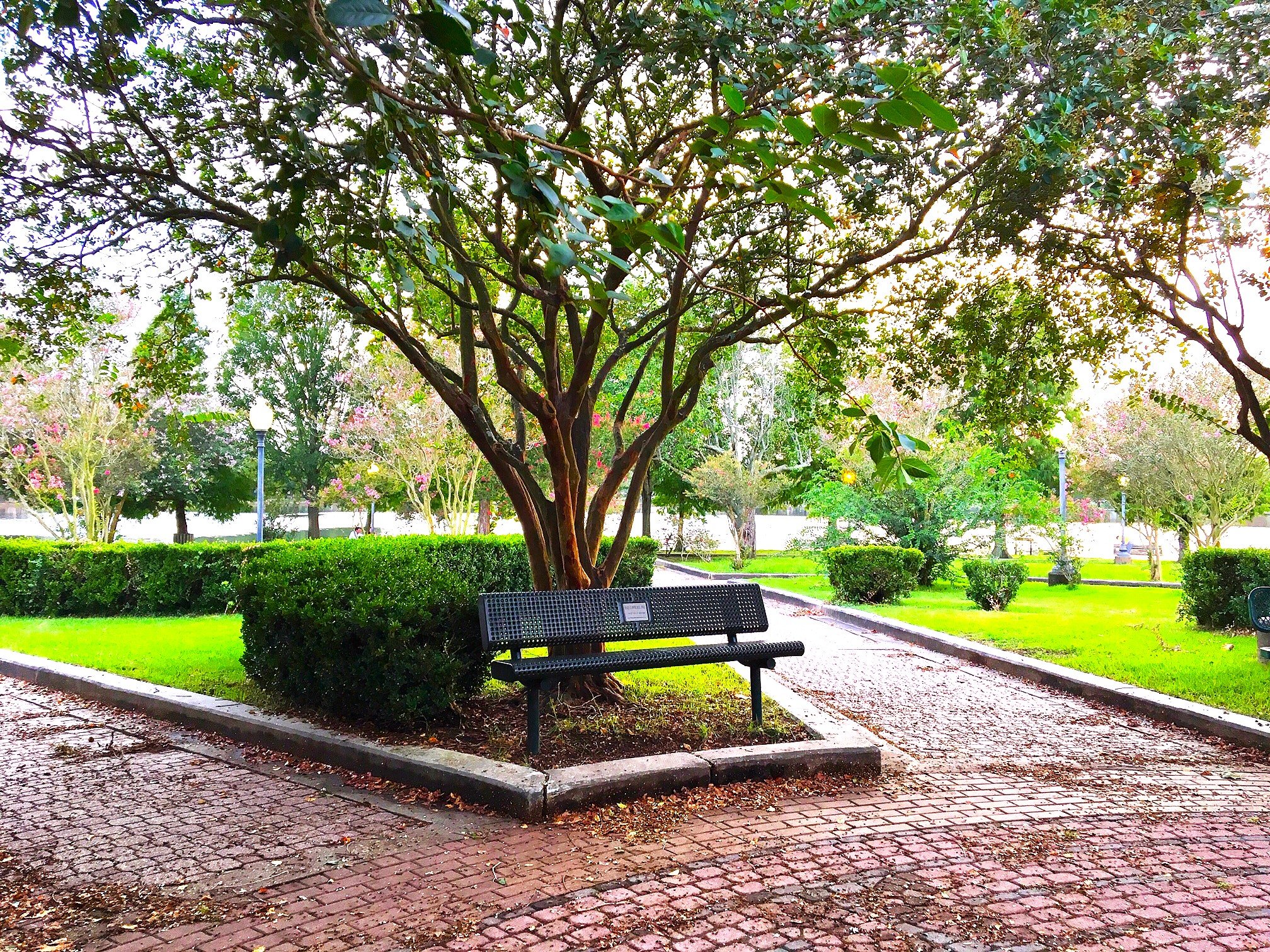A story from Stuart…
After spending over 30 years working in the Human Service field, developing and integrating a model for working with people, I had the good fortune to meet Dr. Asghar Naqvi. I had been talking to people about my ideas, including many doctors and other health professionals. Meeting Asghar changed everything, as he was the first person I met who said “let’s make this happen!” and led the way to manifesting our mission: Empowering people to take charge and own their Health and wellbeing. He too saw the shortcomings of the current healthcare system and together we developed integrative Wellbeing.
We both agreed that the current system has its place as a necessary safety net for those people who are not willing or able to take charge of their health and wellbeing. The way people are treated through compartmentalization — that is, treating the parts of ourselves to address the challenges people face — works from a disease model. I thought it made sense to give people the opportunity, information, resources and tools that would allow them to choose to be responsible for their health challenges. Health is also something that we typically think is in our bodies. Although that is an important place, it also exists in our thoughts, emotions, and the way we relate to all the different aspects of our lives, including our finances, spiritual practices, environment, the food and beverages we consume, the people and even pets that are part of our family and friends, as well as the things we do for work (careers and other vocational expressions). All these elements come together inside of “community”. I, like Asghar, have a foundation in my belief that we are all connected and part of one big family. Building community so we can experience that interconnected nature is key to what integrative Wellbeing is all about.


